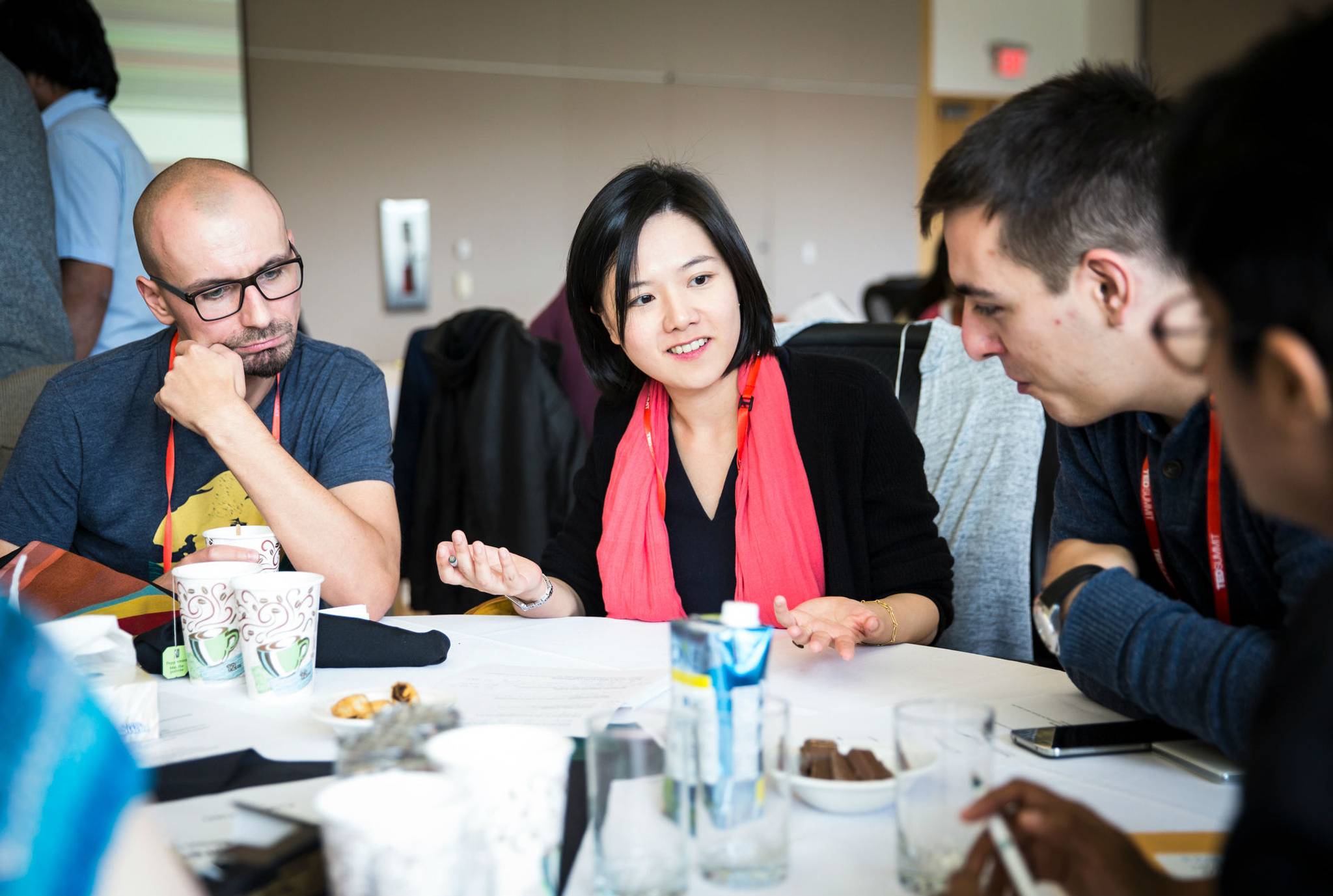
©Do512, 2017
REPORT
Cannes Lions 2017: The insights behind the ads29 Jun 2017
Cannes Lions 2017 was populated by campaigns looking to fight discrimination, offer a helping hand and connect to customers in real-time. Canvas8 has identified 10 of the key behaviours that underpinned the winning messages.
- Sectors
Canvas8
Related







